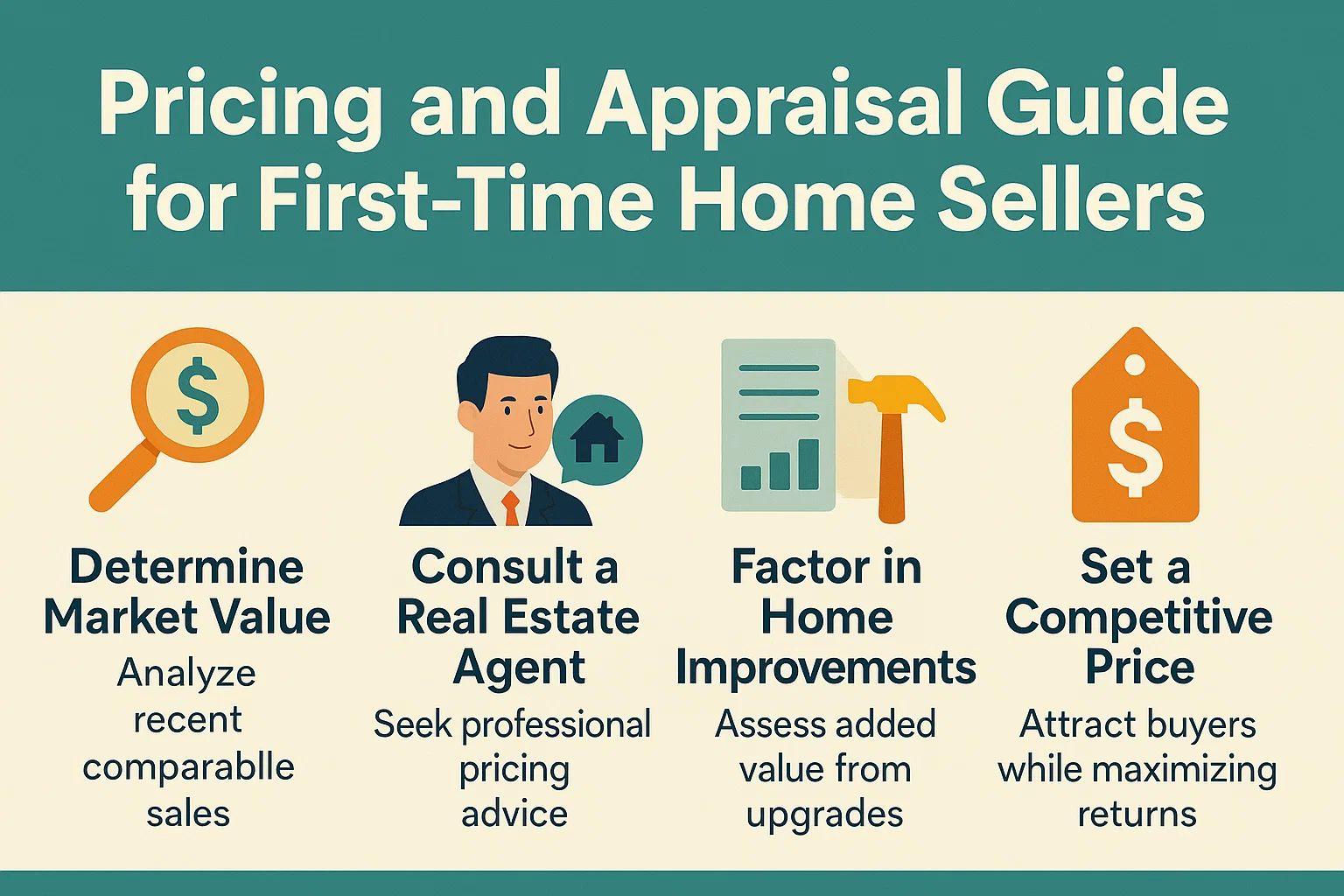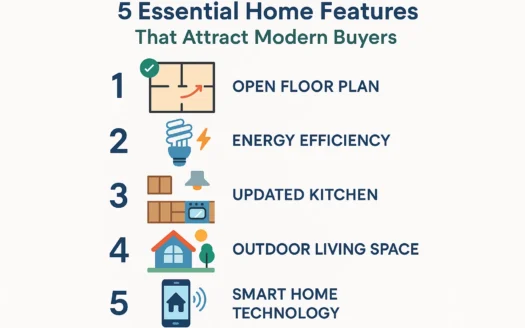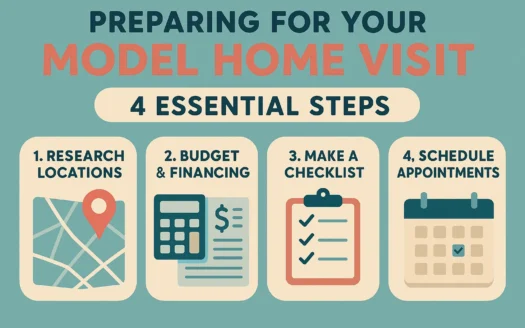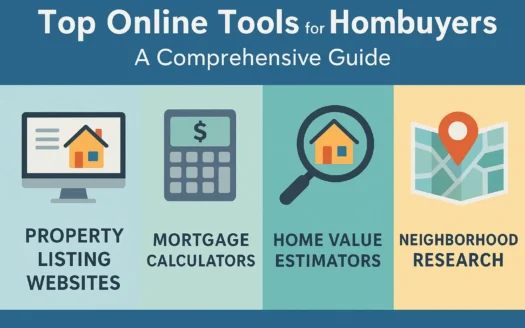Pricing and Appraisal Guide for First-Time Home Sellers
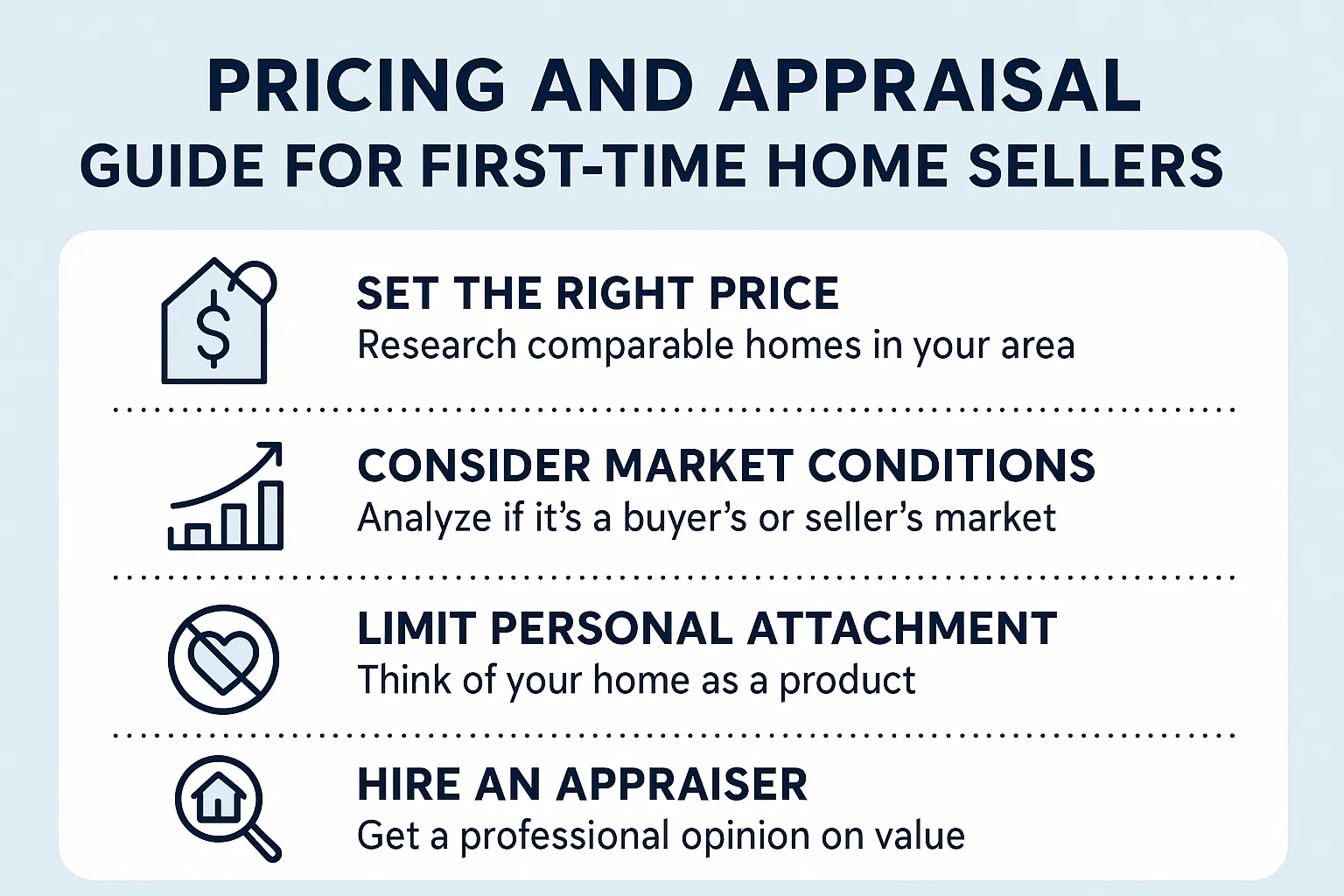
If You’re Selling a House for the First Time, Pricing It Correctly and Securing a Good Appraisal Are Crucial Steps
Appraisals carry a lot of weight, and closing a sale can hinge on the results. Ensuring you’ve correctly priced your home at the listing stage is key. An acceptable appraisal is a primary contingency for many buyers, with 43% of buyers including that contingency in their offer, according to a January 2025 report from the National Association of Realtors (NAR).
Deciding on a Sale Price
Your agent will compile a comparative market analysis (CMA) report, which details recent sales of similar homes (“comps”) in your neighborhood. Appraisers focus on comps sold within the last three months and within a half-mile radius. Key considerations include:
- Neighborhood boundaries: Avoid comps across major dividers like highways or railways.
- Size and age: Comps should have similar square footage (±10%) and age.
- Condition: A fixer-upper won’t match prices of renovated homes.
NAR estimates show 99% of sellers sold their homes for 99% of the listing price, while 23% reduced their asking price at least once. Use automated valuation models (AVMs) for additional insights.
Getting Your Home Appraised
After accepting an offer, the buyer enters an option period to schedule an appraisal and inspection. Key details:
- Appraisals cost ≈$500 and are paid by the buyer.
- Lenders require appraisals to confirm the home’s value aligns with the mortgage.
- A low appraisal can jeopardize the sale if the buyer’s offer exceeds the appraised value.
Conducting an Appraisal
Appraisers use the Uniform Residential Appraisal Report, evaluating:
- Home age, construction quality, and structural integrity
- Room count, layout, and features (e.g., attic, basement)
- External factors like school proximity or flood zones
The process takes 30 minutes to 3 hours, with results sent to the lender within 7–10 business days.
Appraisals vs. Inspections
Inspections focus on mechanical and structural issues, while appraisals assess market value. Inspectors check for:
- Roof, plumbing, and electrical condition
- Pest infestations or safety hazards
When Your Home Fails to Appraise
Options if the appraisal is lower than the offer:
- Negotiate: Reduce the price or split the difference.
- Submit a Reconsideration: Provide evidence (e.g., comps from distress sales).
- Order a Second Appraisal: Costs ≈$500 and may require a new lender.
Preparing for a Successful Home Appraisal
- Clean and stage your home to highlight features like fireplaces or custom finishes.
- Complete repairs (e.g., broken windows, faulty locks).
- Consider a pre-listing appraisal for unique homes or volatile markets.
- Gather documents like renovation records and land surveys.
With a successful appraisal, you’ll move closer to closing your sale. For those planning their next home, explore pre-construction opportunities at Pre-ConstructionHomes.com.
